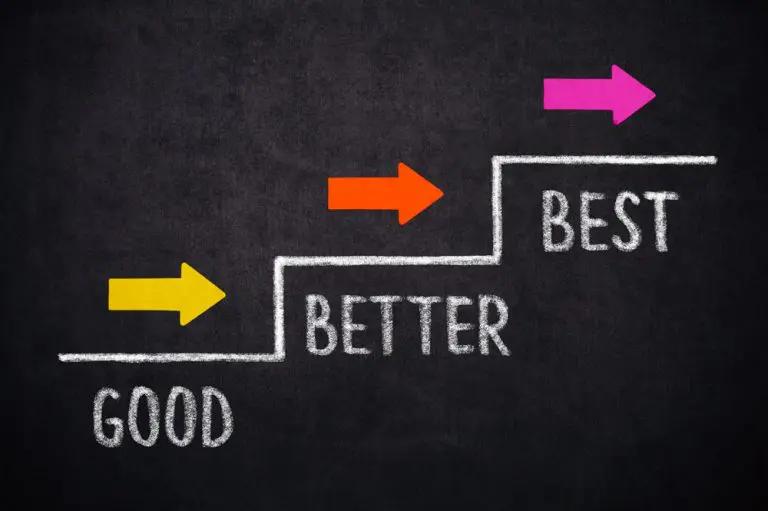Posted on October 29, 2018
Blog
Conferences
Event Management

Why prep your attendees before the course begins?
The short answer? Engagement. The Grattan Institute said it best when they said engaged learners learn more. Setting some pre-course exercises (or even just reaching out to introduce yourself and the materials) can go a long way in motivating your group, assisting them to understand topics faster, and making them feel supported by you as a trainer.
Your course will be enriched if your learners turn up on the day with some pre-understanding from which to build your first module. Even the gentlest introduction to the course content may be all that’s required to assist with the overall outcomes. Your job will also be easier for having warmed your learners and opens the door to early conversations. So how do you go about creating a pre-course buzz?
Pre-course exercises to use for your next event
Keep in mind when setting pre-course exercises, there is a fine line between engaging learners with short and interesting tasks and completing disengaging them with an overload of homework to complete. Stick with simple exercises that will increase buy-in rather than overloading and alienating your audience with too much to think about.
Simple research tasks
To get them thinking, ask your attendees to research a topic relevant to the materials you will be teaching during the course. As a very simple example, if you were teaching a class on effective leadership skills, you could ask your group to research the behaviours that reportedly led to ex UBER CEO Travis Kalanic resigning in 2017.
Just remember, people lead busy lives, so the simpler you keep the task the better. The last thing you want to achieve is the opposite effect to the one you’re after: disengagement.
Create an online survey
Most people love being asked for their input. Creating a simple online survey is an engaging means of both finding out your learners’ prior knowledge and whetting appetite for the content you’re going to cover. You could include multiple choice questions and some trick questions to liven up the exercise. A survey is effective at engaging learners because it’s collaborative, fun, and makes participants active in their learning.
Send them a thought-provoking or controversial passage
Select a (short) thought-provoking passage that will inspire curiosity and get the class thinking. It might be just one provocative statement relevant to the topic, or even a cartoon or image. Not only will this get learners’ brains ticking, it also becomes fodder for a stimulating opening discussion on day one of the course. You could choose to include a couple of questions for them to answer, or you can save these for your introductory group discussions to break the ice.
Brainteasers, puzzles or a creative challenge
Why not set a quirky exercise for your group to attempt before coming in? They may not yet have topic knowledge, but the aim is to get them thinking and curious to learn in a light-hearted way. For example, you may ask them to create a simple design or drawing to solve a problem relative to the subject. Make sure they understand there are no right or wrong answers at this point.
Learning style quiz
Finding out your group’s ideal learning styles will assist you prepare appropriate teaching activities that best address every individual’s needs. Do they prefer group activities, individual tasks, pair work, group discussions or a mix? Not only will it assist you to prepare a better training session, but your learners’ self-efficacy will be improved knowing you’re genuinely invested in their learning.
Completion certificates
Consider incentivising learners from the outset with awards or completion certificates. Explain how the certificates will be awarded to motivate the class. Perhaps a pass mark will determine who gets one? Or maybe they will be available to everyone who finishes? Draw a strong connection to how these will benefit the group. For example, they may allow the learner to progress to the next phase of the course, or be an asset to have on one’s CV.
Creating engagement prior to the training course is a win for both you and your students. Not only will it enhance and improve learning outcomes, it will assist you to develop the quality of your materials and training styles for future courses.
Pre-training tips for learners
As a learner, don’t be afraid to reach out to your instructor to introduce yourself and find out more about what you’ll be covering in class. If you are eager to make the most of the learning opportunity, try making your own preparations.
About Cliftons
Event Solutions
If you’re ready to start bringing your event plans to life, talk to our
team to discuss your goals.
Start with a no-obligation chat about what you want to achieve, and our team can guide you through the services we offer.


